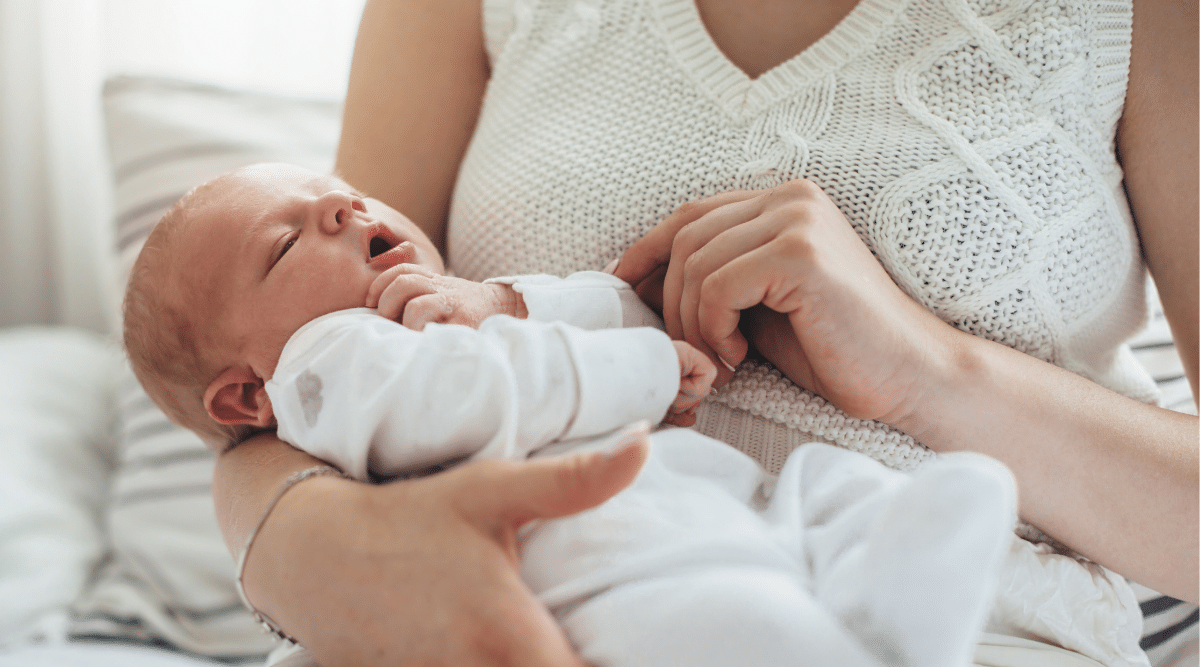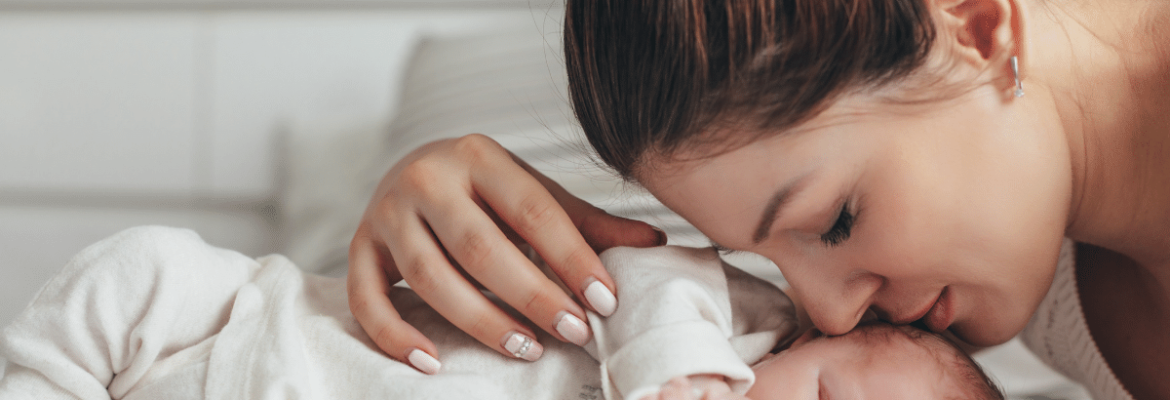Ask the expert – Dr Rachel Reed: getting what you want from your birth journey
Recognising that birth is more than a medical event, midwife and researcher Dr Rachel Reed literally wrote the book on ‘Reclaiming Childbirth as a Rite of Passage’. We talked with her about getting the best birth experience in any situation – including choosing the right care providers and using evidence to make decisions.

What’s one of your favourite examples of a common childbirth practice with little evidence behind it?
A vaginal examination is one of the key ones. It’s one of the most invasive, standard, routine interventions during birth that has no evidence behind it but carries on. The evidence suggests that we keep plotting women’s cervixes onto graphs that we know don’t fit women’s bodies. The cervix is only one small piece of what’s happening (in labour), and it’s not a particularly significant piece. 50% of first-time mothers will not match the graphs regarding what their cervixes are ‘supposed’ to be doing.
Do you have crucial recommendations for women to ensure that their advice is evidence-based?
It’s challenging because I feel like, at the moment, we’re putting it onto women and their partners. We’re saying you need to get educated; you need to know the evidence to argue your case with health professionals, which is entirely the wrong way around.
Health professionals should offer evidence-based information and support decisions because that’s our job. So, I would say that women don’t have to justify their choices. It’s absolutely fine to make a decision based on your gut instinct. You don’t have to find evidence to support what you want to do.
And I would say, ask. Often we don’t ask why things are being recommended. Ask the care provider, ‘Could you tell me where I would look if I wanted more information?’ Or, ‘Could you tell me about the statistics? What are the risks if I do that? What are the risks if I don’t do that?’ Care providers should be offering that. But, if a care provider suggests they want to do something, they need to provide the evidence for providing it legally and professionally.

What about at the beginning, when you choose a care provider?
That’s a vital thing. When you’re heading off into your childbirth rite of passage, think about who will be around you and whether they align with what you want.
Some women might be fine with a private obstetrician and having surgery, as that’s what they want for their childbirth rite of passage. They want some control over the timing of the birth etc., and that’s great. Some women might wish to have nobody there, while others might want a private practice midwife. But think about, ‘What is it I want from this journey, and who can give that to me?’
Ask other women you know who had an experience you would like; where did they go? There’s no point engaging a private obstetrician who is good at the medical management of birth and expecting to go in and have a physiological birth without intervention.
Hospitals and care providers have stats. You can ask, ‘What are your stats for vaginal birth in this hospital?’
One of your research articles was about trauma and birth and how care providers sometimes contribute to that. What’s your feeling about whether the various professions involved in birth are learning from research like this and making systemic efforts to reduce the incidence of trauma?
Everything’s in place with the World Health Organisation and UNICEF – there are big organisational pushes and resources for respectful maternity care across the globe. So the guidelines are there; the wanting to do it is there from care providers.
People who work in maternity don’t go to work wanting to traumatise women. On the contrary, they go genuinely wanting to provide the best care.
But we’re still a long way off, and it is because we’re still not focused on centring care around the woman and her needs. Instead, the focus is on efficiency and getting the baby out as quickly and safely as possible. And ‘safely’ in terms of physical safety.
Childbirth is so much more than getting a baby out; it’s this woman’s childbirth rite of passage and a new family member arriving. So, if we recognise that, then we see risk differently. Because we can start to see risk as: if this woman feels that I’m overriding her control and taking control of her body, what will that do to her sense of self, her experience of birth, and her stepping into motherhood?
We need to shift the way we look at birth from a physical event where a baby is removed from a woman’s body to something much more holistic and longer-lasting.
As well as Reclaiming Childbirth as a Rite of Passage, you also have a book about induction – is there one thing that you’d like women to know about induction that most don’t?
Oh, yes – women and healthcare professionals – that induction is not physiological birth. It’s not. It is entirely different.
Induced labour needs to be medically managed and monitored. So, suppose you’re a care provider looking after a woman who is being induced; you can’t care for her the same way you would a woman having a spontaneous physiological birth because other things are happening. That’s vital for women to understand the difference between induction versus physiological birth because there will be different decisions to be made.
The pain will be different; the experience will be different. The baby’s recovery afterwards and behaviour will be different. So, it’s understanding those differences and then working with them to ensure that you get the best experience you can.

Is there anything you particularly want women to know about childbirth as a rite of passage?
We need to stop seeing birth as a medical event – sometimes it is – but primarily, it is a rite of passage, however it unfolds. Medical births are as powerful rites of passage and can be as empowering. That’s a message that’s often missed – that it’s not just about physiological birth.
However you birth your baby, you have a rite of passage. You can have a medical birth and have an empowering experience, and you can have a natural birth and have a disempowering experience. I think that’s an essential message for women.
Rachel Reed is a Sunshine Coast midwife, researcher and educator focusing on childbirth physiology, midwifery practice and women’s rights. She’s also the author of two books: Reclaiming Childbirth as a Rite of Passage and Why Induction Matters, and a co-host of the podcast The Midwives Cauldron.
Published 5th May 2022
About the Author
Louise Wedgwood is a freelance health and parenting writer, working with magazines, online publications and businesses. She has a background in health science, and enjoys helping parents make evidence-based choices. Her own children have shown her making the right decisions is never black-and-white.
Share this Post
Recent Posts
Recent Comments
- Jill on Older Mothers: The Good, The Bad and The Ugly!
- Rachana on Lotus Birth by Lavendilly
- Rachana on Ask the physio: Jolly jumpers, carriers and other ‘dos and don’ts’ for baby’s development
- Jane Palmer on Wagga Wagga Base Hospital
- Kiera Fenn-Lavington on Wagga Wagga Base Hospital
Archives
Categories
PBB’s Social Media Pages
The post Ask the expert – Dr Rachel Reed: getting what you want from your birth journey appeared first on Pregnancy Birth and Beyond.




